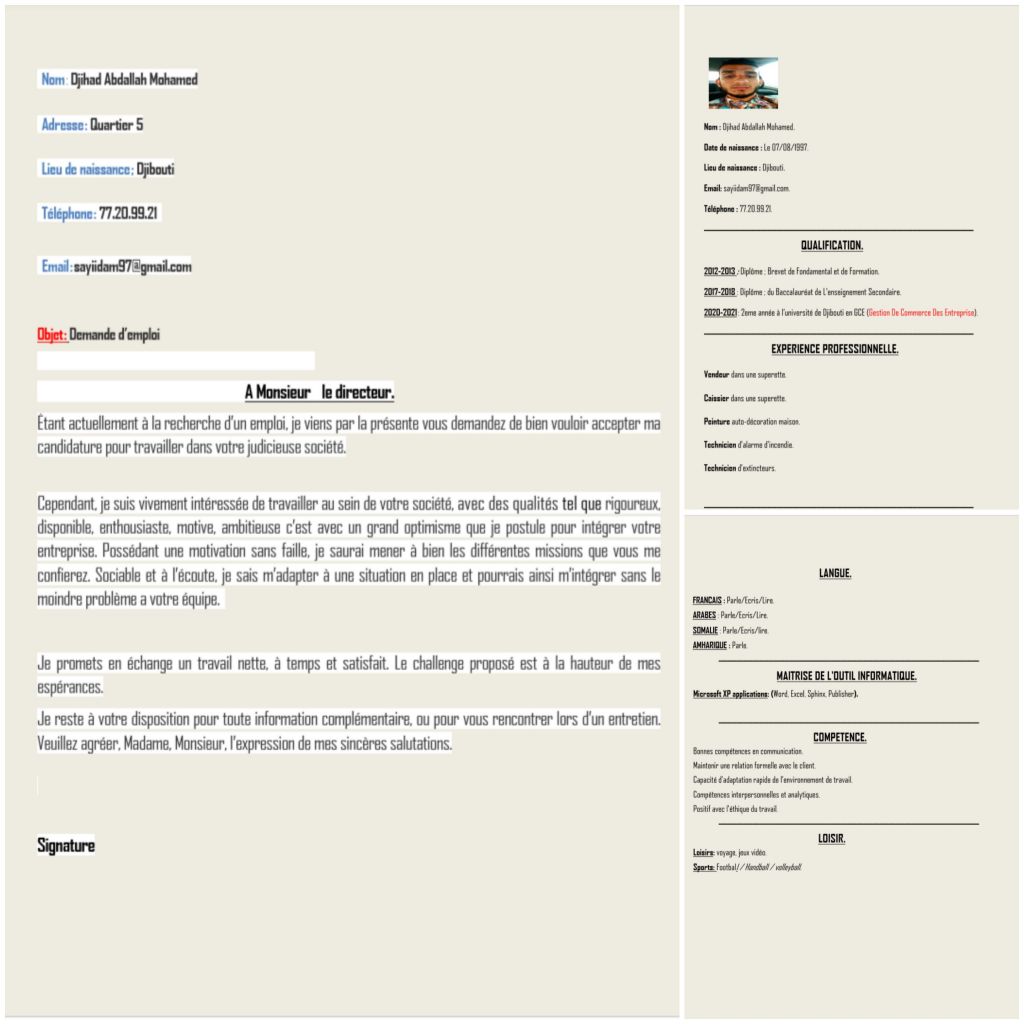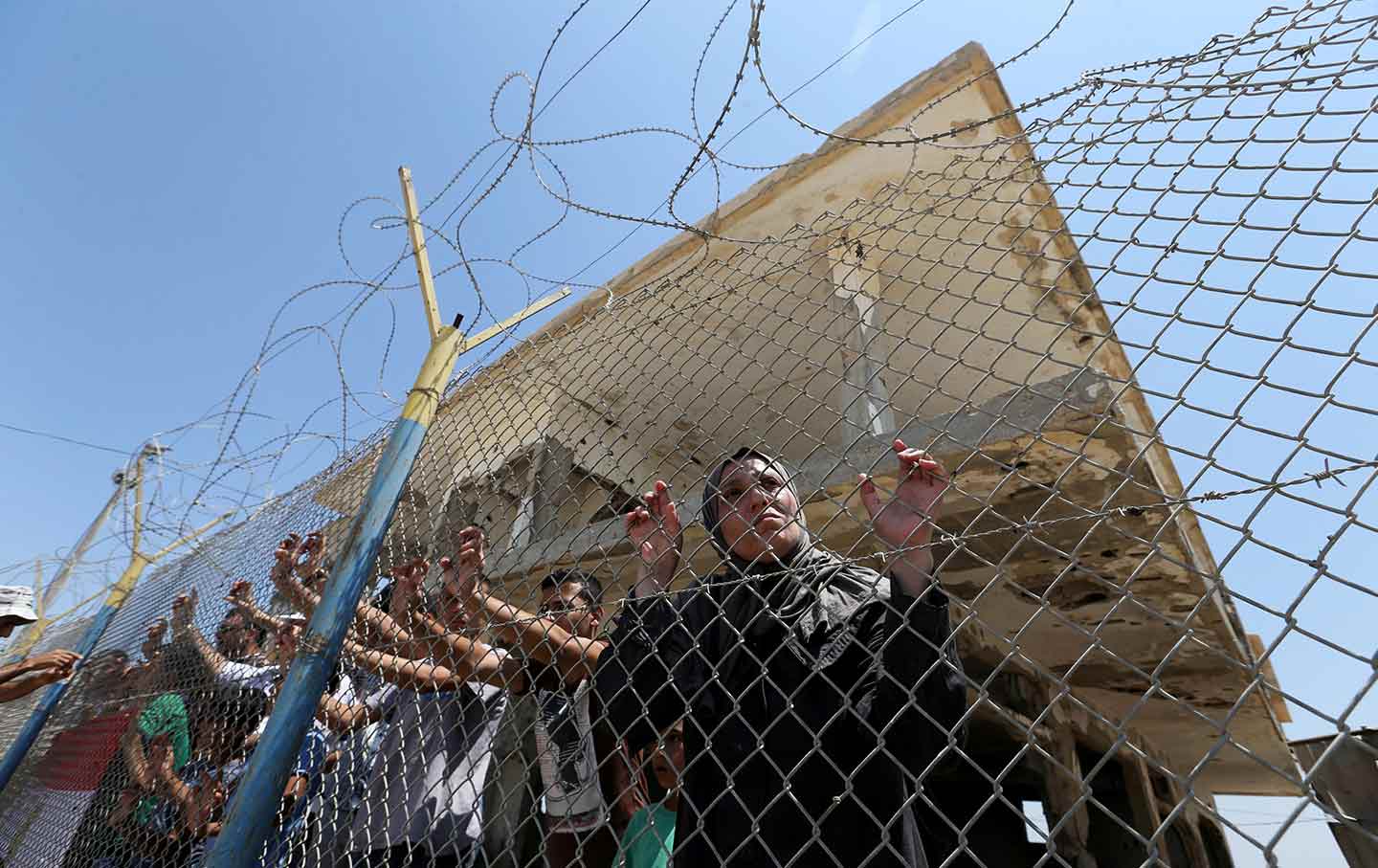Investigation Into Police Conduct After Nottingham Tragedy

Table of Contents
The Timeline of Events and Initial Police Response
Understanding the Nottingham attacks requires a detailed examination of the timeline. Key keywords here include the initial response, emergency services response time, and communication breakdowns. Critical to this investigation is a precise chronological account of the events, including the precise timing of calls to emergency services and the dispatch of officers.
-
Detailed Chronological Account: [Insert a detailed and factual account of the events, including times and locations. Cite reliable sources for accuracy]. This section should include information about the various locations of the attacks, the sequence of events, and the time it took for police to respond to each incident.
-
Analysis of Initial Response: This analysis should assess the speed of arrival of emergency services, including police, ambulance, and potentially fire services. It should also evaluate the deployment of resources – were sufficient numbers of officers dispatched quickly enough? Was there effective coordination between different emergency services? Were the appropriate specialist units deployed swiftly?
-
Communication Strategies: The effectiveness of police communication during the unfolding crisis is crucial. Were updates provided to the public in a timely and effective manner? Was there clear internal communication between officers on the ground and command centers? Any communication failures should be highlighted and analyzed in this section.
-
Initial Reports of Failings: Were there any initial reports or accounts suggesting potential failings in the police response? This section should examine any preliminary claims and concerns raised in the immediate aftermath of the attacks.
Areas of Concern and Public Scrutiny
Public reaction and media coverage have highlighted significant areas of concern regarding police accountability and transparency after the Nottingham tragedy. Keywords include public concern, police accountability, independent investigation, and transparency.
-
Alleged Police Misconduct: This section needs to meticulously document any specific instances of alleged police misconduct or failures in the response. These allegations must be presented fairly and objectively, without making presumptions of guilt. Sources should be clearly cited.
-
Public Reaction and Media Coverage: A thorough analysis of public opinion and media reporting is vital. What are the main criticisms and concerns being voiced by the public and the media? What specific aspects of the police response are being questioned? Include relevant quotes and statistics.
-
Calls for Transparency and Accountability: This section will examine the calls for increased transparency and accountability. Why is public trust in the police so important, and how can transparency in this investigation help rebuild it?
-
Pressure on Police Resources: It's important to acknowledge the pressures on police resources and the inherent challenges in managing such critical incidents. However, this shouldn't excuse any potential failings. This section should address this balance carefully.
The Role of Technology and Communication Systems
Technology played a crucial role in the events and subsequent investigation. Keywords include communication systems, technology, CCTV footage, and data analysis.
-
Effectiveness of Communication Systems: This section will analyze the communication systems used by the police. Were there any technological failures that hampered the response? Were radio communications clear and effective? Were there delays in information transfer?
-
Use of Technology in Investigation: The role of technology in the investigation, such as CCTV footage, body-worn cameras, and data analytics, needs to be discussed. How is this technology being used to reconstruct the events and understand the police response?
-
Inter-agency Information Sharing: Effective collaboration between different agencies is crucial. How smoothly did information flow between the police, ambulance service, and other relevant organizations? Were there any information sharing issues?
-
Potential Improvements: Based on the analysis, this section should propose potential improvements to technology and communication protocols to prevent similar issues in the future.
The Independent Investigation and its Scope
An independent investigation is crucial for establishing accountability and learning lessons from the Nottingham tragedy. Keywords here include independent investigation, police complaints, IPCC (Independent Office for Police Conduct – or the appropriate investigative body), review, and recommendations.
-
Investigating Body: Clearly identify the independent body conducting the investigation (e.g., IPCC in the UK) and its mandate.
-
Scope of the Investigation: What specific aspects of the police response are being investigated? What are the key questions the investigation aims to answer?
-
Timeline and Findings: What is the projected timeline for completion, and how will the findings be made public?
-
Impact on Police Practices: What is the potential impact of the investigation’s findings on police practices, policies, and training?
Potential for Policy and Practice Changes
This section explores potential reforms and changes in policing following the investigation. Keywords include police reform, training, resource allocation, preventative measures, and future policing.
-
Recommendations for Improvement: This section will detail potential recommendations for improved training and resource allocation for police forces. This includes potential changes to training programs, equipment, and staffing levels.
-
Preventative Measures: What strategies can be implemented to prevent similar tragedies from occurring in the future? This includes discussions about early intervention programs, community policing initiatives, and mental health services integration.
-
Long-Term Implications: What are the long-term implications for policing strategies and public trust? How can the police rebuild public confidence after such a tragic event?
-
Proactive Measures: This section will discuss proactive measures and preventative policing approaches that can be adopted to enhance public safety and reduce the risk of similar incidents.
Conclusion
This investigation into police conduct after the Nottingham tragedy underscores the critical need for comprehensive review and reform within policing. The timeline of events, areas of public concern, the independent investigation's scope, and potential policy changes all highlight the urgency for improvements. Several key areas require immediate attention, including communication protocols, resource allocation, technology upgrades, and the implementation of robust preventative measures.
Call to Action: The ongoing investigation into police conduct following the Nottingham tragedy demands complete transparency and thorough analysis. Continued public scrutiny and active engagement are crucial to ensuring accountability and implementing effective improvements to future policing strategies. Stay informed about the findings of the investigation into police conduct after the Nottingham tragedy, and participate in the crucial conversations about how to improve policing and build public trust.

Featured Posts
-
 Red Carpet Premiere Dakota Johnson And Family At Materialist
May 10, 2025
Red Carpet Premiere Dakota Johnson And Family At Materialist
May 10, 2025 -
 Wynne And Joanna All At Sea Review And Analysis
May 10, 2025
Wynne And Joanna All At Sea Review And Analysis
May 10, 2025 -
 Offres D Emploi A Dijon Rooftop Et Restaurants
May 10, 2025
Offres D Emploi A Dijon Rooftop Et Restaurants
May 10, 2025 -
 Sensex Gains 200 Points Nifty Surges Past 18 600 Stock Market Update
May 10, 2025
Sensex Gains 200 Points Nifty Surges Past 18 600 Stock Market Update
May 10, 2025 -
 Gaza Under Siege Hunger Sickness And Crime Flourish Under Israeli Blockade
May 10, 2025
Gaza Under Siege Hunger Sickness And Crime Flourish Under Israeli Blockade
May 10, 2025
